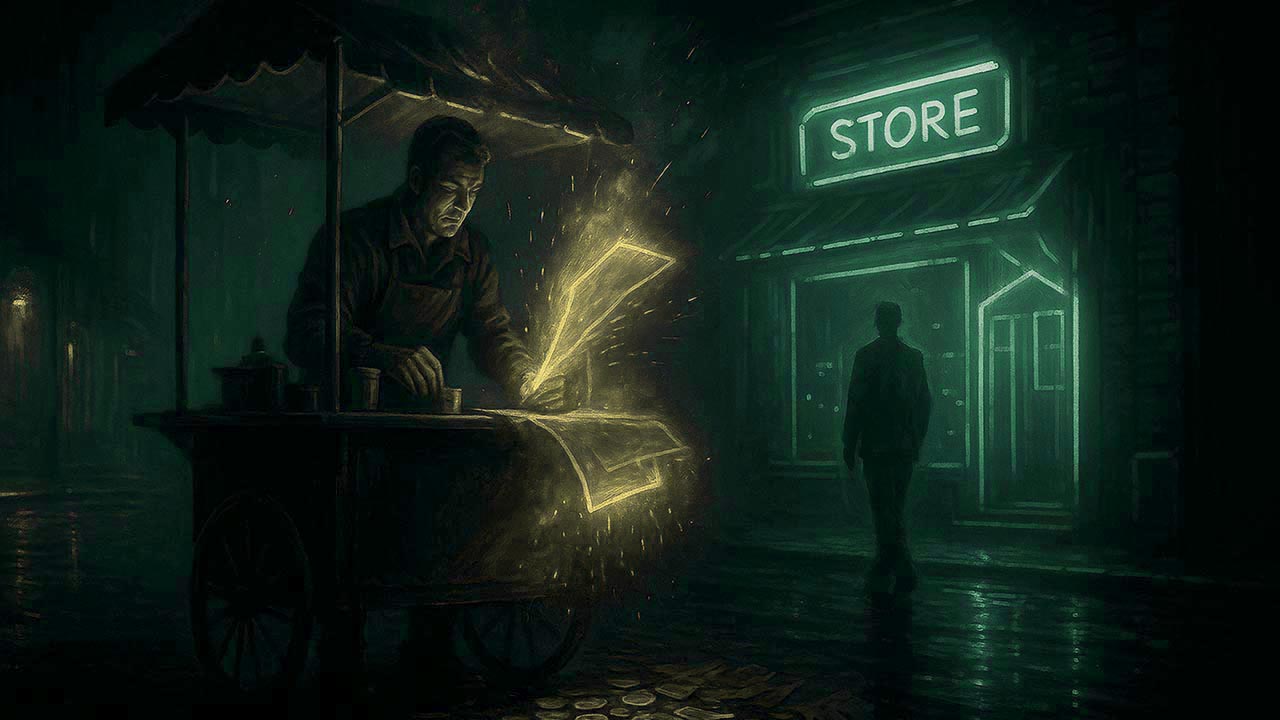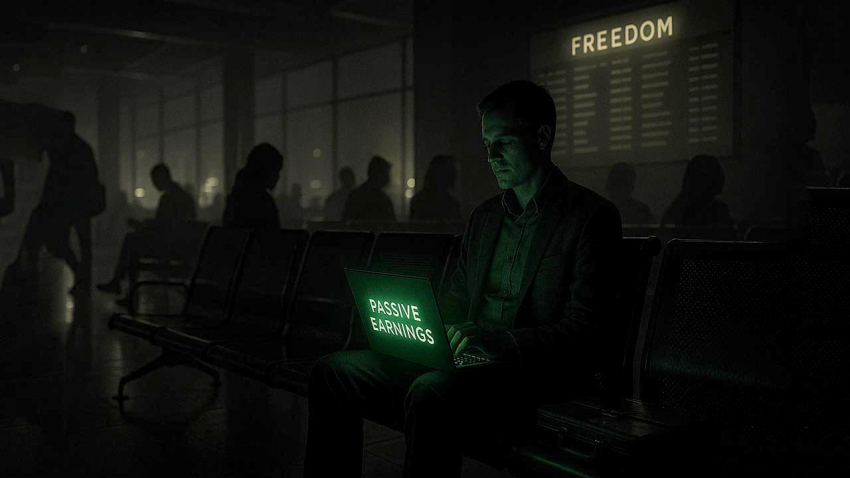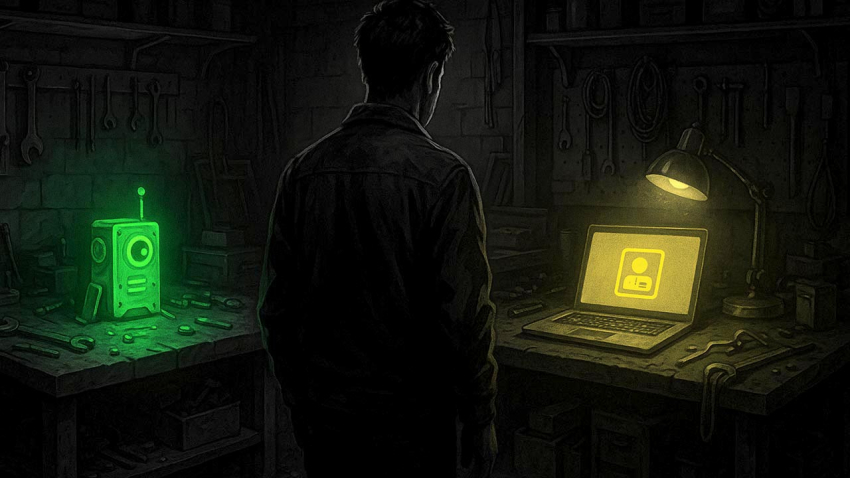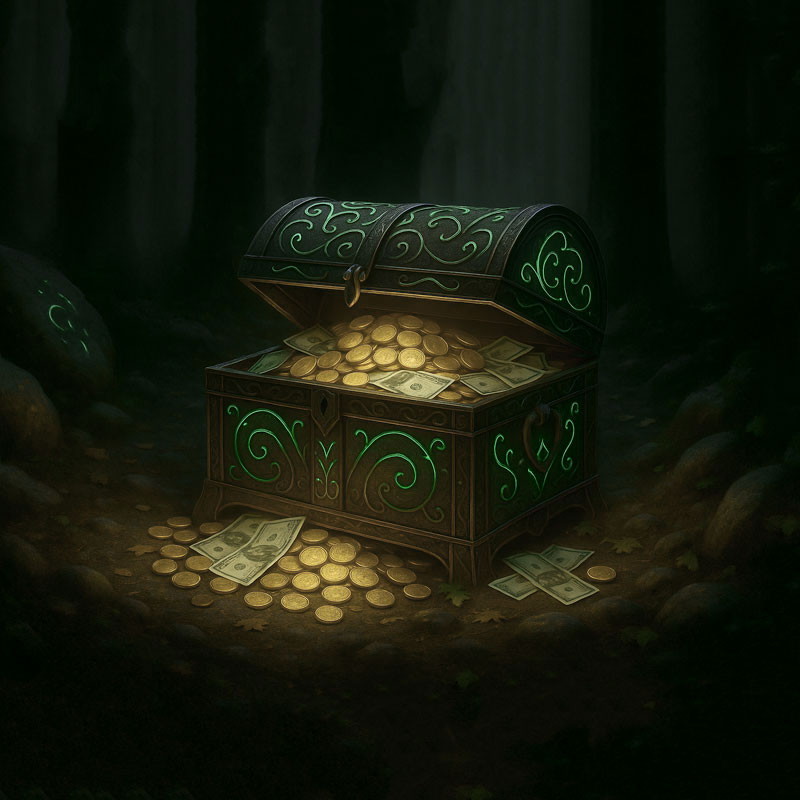Side hustles often get treated like hobbies with a paycheck. Drive for Uber, sell some crafts online, maybe pick up a freelance project or two. Extra money is nice, but most people don’t think beyond the quick cash.
Here’s the twist: some side hustles are more than short-term boosts. With the right focus, they can evolve into full-fledged businesses that pay your bills, replace your job, and give you long-term freedom. The key is spotting which hustles have scalability—the ability to grow beyond trading your time for dollars.
The Difference Between Income Boosters and Business Builders
Not every side hustle has the potential to scale. Delivering food or doing odd jobs is fine for extra cash, but the ceiling is low—you can only work so many hours in a day. A business-builder side hustle, on the other hand, lets you leverage systems, products, or teams so growth isn’t capped by your personal time.
Ask yourself these questions to separate the two:
- Can I eventually automate or outsource parts of this hustle?
- Is there potential to sell products, not just hours?
- Could this generate recurring income over time?
If the answer is yes, you’re looking at a hustle with business potential.
Freelancing That Evolves Into an Agency
Freelancing is one of the most common side hustles. You trade skills—writing, design, coding, marketing—for money. The catch is that it feels like self-employment with no room to scale. But that’s only at the beginning.
As demand grows, you can raise your rates, package your services into retainers, and eventually hire subcontractors. That’s how a freelancer transforms into an agency owner. Instead of working in the business full time, you shift to managing clients and a team.
Example: A graphic designer starts freelancing evenings and weekends. After building steady demand, they bring on another designer to handle overflow. A year later, they’ve turned their solo hustle into a small creative agency with multiple clients and team members.
E-Commerce That Starts Small
Selling online can begin as a modest side hustle—flipping items on eBay, running a small Etsy shop, or testing a dropshipping product. The magic comes when you use these early sales as experiments. Which products sell fast? Which ones bring repeat buyers? Which price points actually stick?
Once you find traction, you can reinvest profits into scaling: ordering inventory, building a branded website, or even launching your own product line. What starts as listing a few items after work can grow into a thriving e-commerce business.
Content Creation That Becomes a Brand
Posting videos, blogs, or podcasts often begins as a creative outlet. But content creation has one of the highest ceilings as a side hustle. An audience, once built, becomes leverage: brands pay for sponsorships, products sell through your channels, and you can spin off services or courses.
The transition from hustle to business happens when you start treating your audience like customers. That means tracking analytics, understanding what they want, and designing offers around it. Over time, your “little channel” can evolve into a media brand.
Tutoring That Scales Into Education
Tutoring is a straightforward hustle—you trade time for teaching. But what happens when you record lessons and turn them into digital courses? Suddenly, your teaching isn’t limited to one student at a time. Courses, group programs, or even subscription-based learning communities can transform tutoring into a scalable education business.
Think about it: one hour of recorded material could reach 10, 100, or 1,000 students instead of just one. That’s the power of leverage.
Service Work That Becomes a Company
Plenty of side hustles involve local services: cleaning houses, mowing lawns, walking dogs. At first, you’re just one person doing the work. But if you can build repeat customers and develop a reliable system, you can hire help.
Soon, you’re no longer cleaning houses—you’re running a cleaning company. The same logic applies to landscaping, home repairs, or pet care. The hustle starts with your sweat, but it grows with your systems.
Coaching That Expands Into Programs
Coaching or consulting is another hustle that feels capped—you’re exchanging knowledge for hourly pay. But savvy coaches expand by creating group programs, workshops, or membership communities. Instead of one-on-one, they shift to one-to-many.
Over time, this model lets you step back from trading hours and focus on building a scalable framework others can deliver for you. That’s how coaching transforms from a personal hustle into a business.
The Three Rules of Scaling a Side Hustle
If you want your hustle to graduate into a business, keep these rules in mind:
- Document everything. Write down your processes as you go. When it’s time to hire or delegate, you’ll have a playbook ready.
- Reinvest early profits. Instead of pocketing your first $500, put it back into better tools, marketing, or help.
- Shift your mindset. Stop thinking like a solo hustler and start acting like a founder. That mental leap changes your decisions.
A Story of Growth From Weekend Hustle to Full Business
Consider Dana, who started baking cookies on weekends for friends. Word spread, and soon she was selling at local markets. At first, it felt like a side hustle—baking at night, delivering in her car. But she treated it seriously. She tracked her costs, documented recipes, and reinvested profits into better equipment.
A year later, Dana opened her first bakery location. What started as a few cookie sales became a full business with staff, regular customers, and steady income. Dana didn’t start with the intention of running a bakery—she started with a side hustle that had room to grow.
Your Next Step: Spot the Hustle With Legs
Here’s a quick exercise: write down three side hustles you’re either doing now or considering. Next to each, answer these questions:
- Can I eventually automate or outsource it?
- Could I sell products, not just hours?
- Is there potential for recurring revenue?
If at least two answers are “yes,” you’ve got a hustle with business potential. That’s where to focus your energy.
Building a Business, Not Just a Gig
Side hustles are great for quick cash, but the real prize is turning them into something bigger. When you choose hustles that scale, reinvest profits, and start thinking like a founder, you shift from extra income to true independence.
And if you’re serious about making that leap, don’t just rely on trial and error. Check out THE PLAN. It’s built to give you the roadmap for transforming side hustles into sustainable businesses. With its strategies, you’ll know exactly how to move from small wins to long-term success.



















